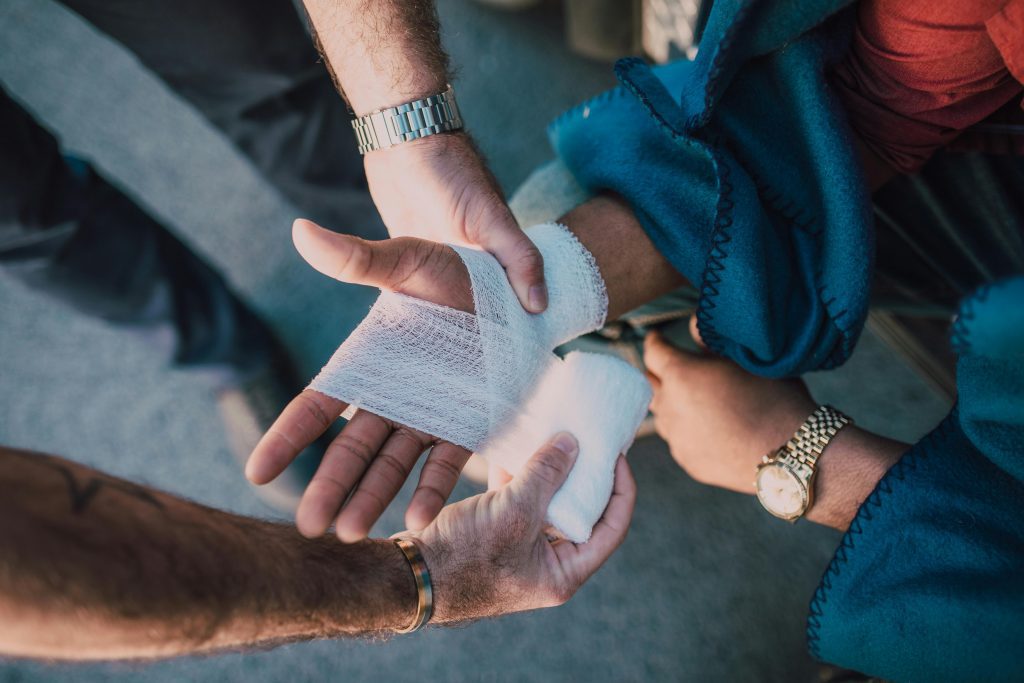In the aftermath of an accident, the chaos that follows can be overwhelming. From dealing with medical bills and insurance claims to managing time off work and physical recovery, it’s easy to feel lost. During these critical moments, many find themselves asking whether they need a personal injury attorney—and if so, how to choose the right one.
Personal injury law is a complex and nuanced area that covers a wide range of incidents, from car accidents and slip-and-fall cases to medical malpractice and product liability. The common thread? These situations often arise from someone else’s negligence or carelessness, leaving the victim to pick up the pieces.
Understanding Personal Injury Law
At its core, personal injury law is designed to protect individuals who have been harmed by others. The law provides a legal pathway for victims to seek compensation for their injuries, pain and suffering, lost wages, and other related damages. However, pursuing a claim isn’t always straightforward. Legal terminology, evidence gathering, and procedural rules can make even seemingly simple cases incredibly complex.
That’s why many turn to experienced legal professionals to guide them through the process. An attorney with deep knowledge of personal injury law can make all the difference when it comes to securing fair compensation. They understand how to navigate the legal system, communicate with insurance companies, and present a compelling case in court if necessary.
When Should You Consider Hiring a Personal Injury Attorney?
Not every accident requires legal action, but certain signs indicate it might be time to seek professional help:
- Serious injuries or long-term medical treatment: The more severe the injury, the more likely you are to face high medical costs and ongoing care. A lawyer can help ensure that all future medical expenses are accounted for.
- Disputed liability: If the at-fault party denies responsibility, an attorney can help gather evidence and build a case proving negligence.
- Insurance company resistance: Sometimes, insurers try to minimize payouts or deny claims outright. Having a legal advocate can keep them honest.
- Multiple parties involved: Accidents with multiple responsible parties—such as multi-car crashes—can complicate the legal landscape. Attorneys are skilled in sorting through shared liability.
The Role of a Personal Injury Attorney
An effective personal injury attorney wears many hats. They’re part investigator, part negotiator, and part advocate. From the very first consultation, they assess the details of your case to determine its viability. If you choose to move forward, they may gather medical records, speak with witnesses, consult with experts, and negotiate with insurance companies on your behalf.
And if negotiations fail? They’re prepared to go to trial. While many personal injury claims are settled out of court, having a lawyer who is willing and able to litigate can be a powerful bargaining tool.
Choosing the Right Representation
With so many attorneys out there, finding the right one can be a challenge. It’s important to look for someone with a track record of success in personal injury cases, as well as strong communication skills and a client-focused approach. Experience with local laws and courts is also crucial, as legal processes can vary by state and jurisdiction.
Some firms stand out quietly in the way they handle each case—with a level of thorough preparation and client-centered care that often makes a lasting impression. Whether it’s through consistent follow-ups, strategic planning, or a deep understanding of personal injury law, these practices can offer much-needed clarity and reassurance. In certain regions, names like Landon Miller Law tend to come up in conversations around this kind of thoughtful legal support, though every situation calls for its own unique approach.
What to Expect During the Legal Process
The legal journey following a personal injury can vary widely depending on the case’s complexity. Most begin with a free consultation, where the attorney assesses the situation and advises on potential next steps. If both parties agree to move forward, a formal investigation begins.
The attorney will then send a demand letter to the at-fault party’s insurer, outlining the facts of the case, the injuries sustained, and the amount of compensation sought. Negotiations may ensue, sometimes lasting weeks or months. If an agreement can’t be reached, the case may proceed to litigation.
Even if you never see the inside of a courtroom, having a knowledgeable attorney means your rights are protected and your voice is heard.
Accidents are unpredictable, but your response to them doesn’t have to be. With the right guidance, you can navigate the personal injury legal system with confidence. Whether you’re facing minor injuries or life-changing trauma, it’s essential to understand your rights and consider your options carefully.
In a world where legal complexities abound, having a steady hand to guide you—like the ones found at reputable firms—is often not just helpful, but necessary.



